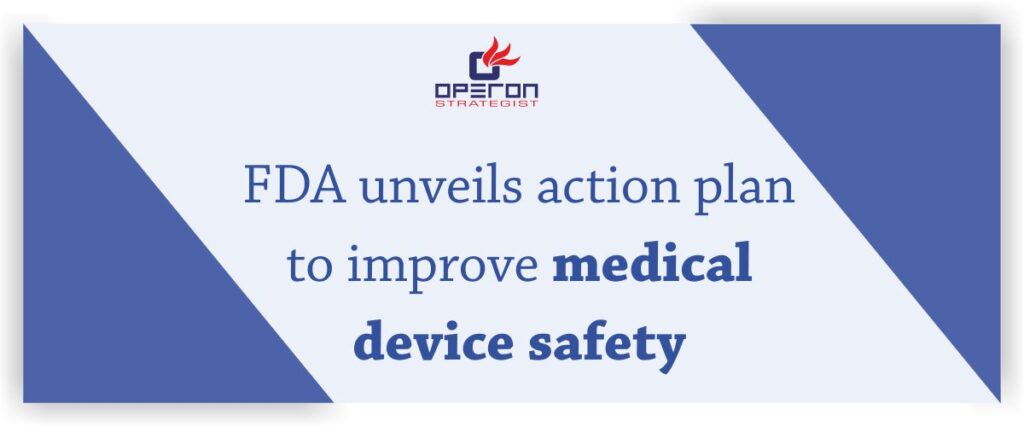President Donald Trump today directed his top trade negotiator to strongly take up with all countries the fixing of prices of American pharmaceuticals and medical devices.
Describing such fixing of prices by other countries as unjustified and done at the expense of America\’s research and development, Trump said that the US can longer tolerate such behaviour by others.
Trump\’s new policy actions on lowering drug prices, could also have an impact on US-India bilateral trade relations given that the American industry has been fighting with the recent Indian government move to fix the prices of certain highly expensive pharmaceuticals and medical devices.
\”As we demand fairness for American patients at home, we will also demand fairness overseas. When foreign governments extort unreasonably low prices from US drug makers, Americans have to pay more to subsidise the enormous cost of research and development,\” Trump said in a major policy speech in the Rose Garden of the White House.
\”In some cases, medicine that costs a few dollars in a foreign country costs hundreds of dollars in America for the same pill, with the same ingredients, in the same package, made in the same plant. And that is unacceptable. You can look at some of the countries, their medicine is a tiny fraction of what the medical costs in the USA. It\’s unfair and it\’s ridiculous, and it\’s not going to happen any longer,\” Trump asserted.
\”It\’s time to end the global freeloading once and for all. I have directed US Trade Representative Bob Lighthizer to make fixing this injustice a top priority with every trading partner,\” he said.
\”And we have great power over the trading partners, you\’re seeing that already. America will not be cheated any longer, and especially will not be cheated by foreign countries,\” Trump said.
Later at a White House news conference, the US Health and Human Services Secretary Alex Czar said that foreign countries are \”freeriding\” off of American innovation.
The \’American Patients First\’ document released by the Trump administration alleged that every time one country demands a lower price, it leads to a lower reference price used by other countries.
\”Such price controls, combined with the threat of the market lockout or intellectual property infringement, prevents drug companies from charging market rates for their products while delaying the availability of new cures to patients living in countries implementing these policies,\” it said.
The administration, it said, is updating a number of historical studies to analyse drug prices paid in countries that are a part of the Organisation for Economic Co-operation and Development (OECD).
US consumers and taxpayers generally pay more for brand drugs than do consumers and taxpayers in other countries, which often have reimbursements set by their central government.
\”In effect, other countries are not paying an appropriate share of the necessary research and development to bring innovative drugs to the market and are instead freeriding off US consumers and taxpayers,\” the policy document said.
\”What can be done to reduce the pricing disparity and spread the burden for incentivising new drug development more equally between the US and other developed countries? What policies should the US government pursue in order to protect IP rights and address concerns around compulsory licensing in this area?\” it said.
The department of health and human services is also working in conjunction with the department of commerce, the US trade representative, and the US intellectual property enforcement coordinator to develop the knowledge base necessary to address the unfair disparity between the drug prices in America and other developed countries, it said.





